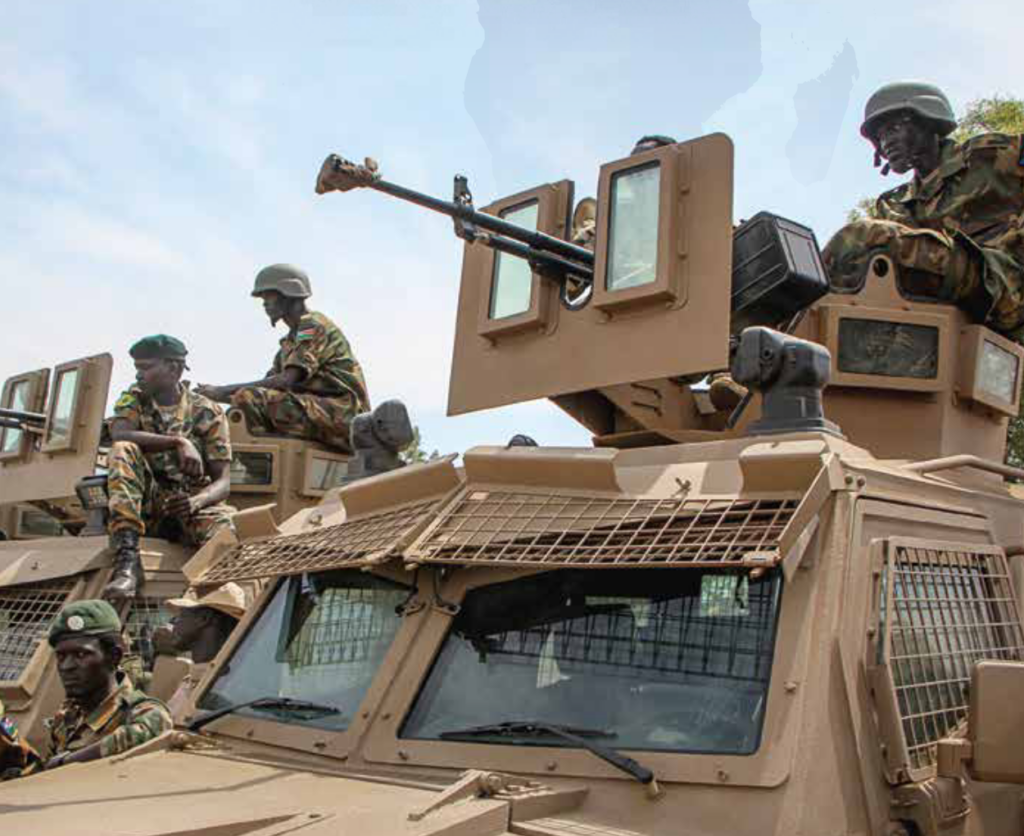CONTINENTAL COLLABORATION Nations Establish New Alliancesto Tackle Shared Challenges

A Swahili proverb says, “If a snake bites your neighbor, you too are in danger.” The meaning is clear: A community is safest when everyone is protected. This is as true for a village as it is for a continent.
In the defense realm, this concept is known as “shared security,” and its importance is illustrated all too often. When a country descends into chaos, it becomes a haven for extremists to launch attacks outward. When criminals find ungoverned spaces, they exploit them and destabilize the region. When a civil war shatters peace, it sends refugees fleeing across borders.







